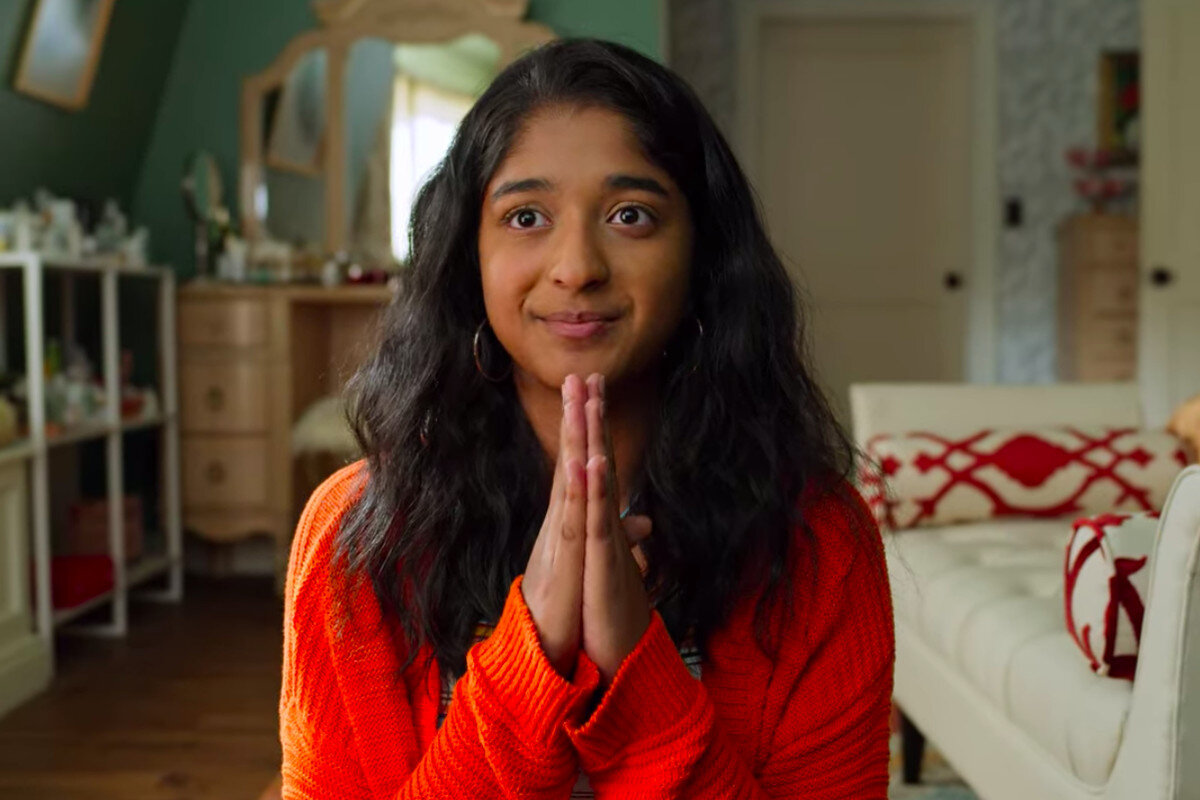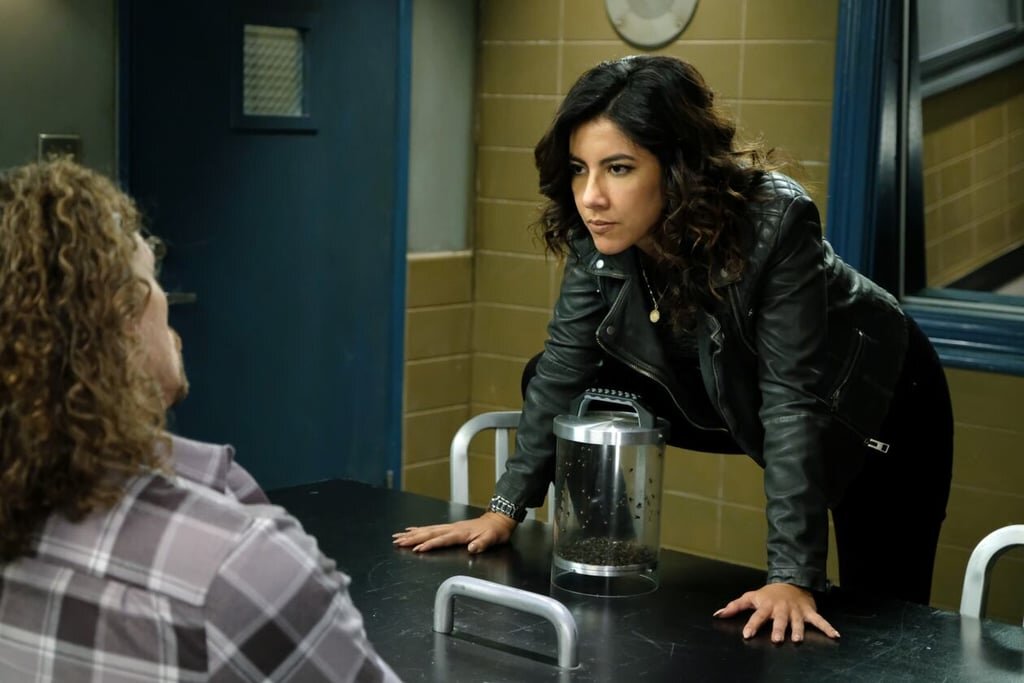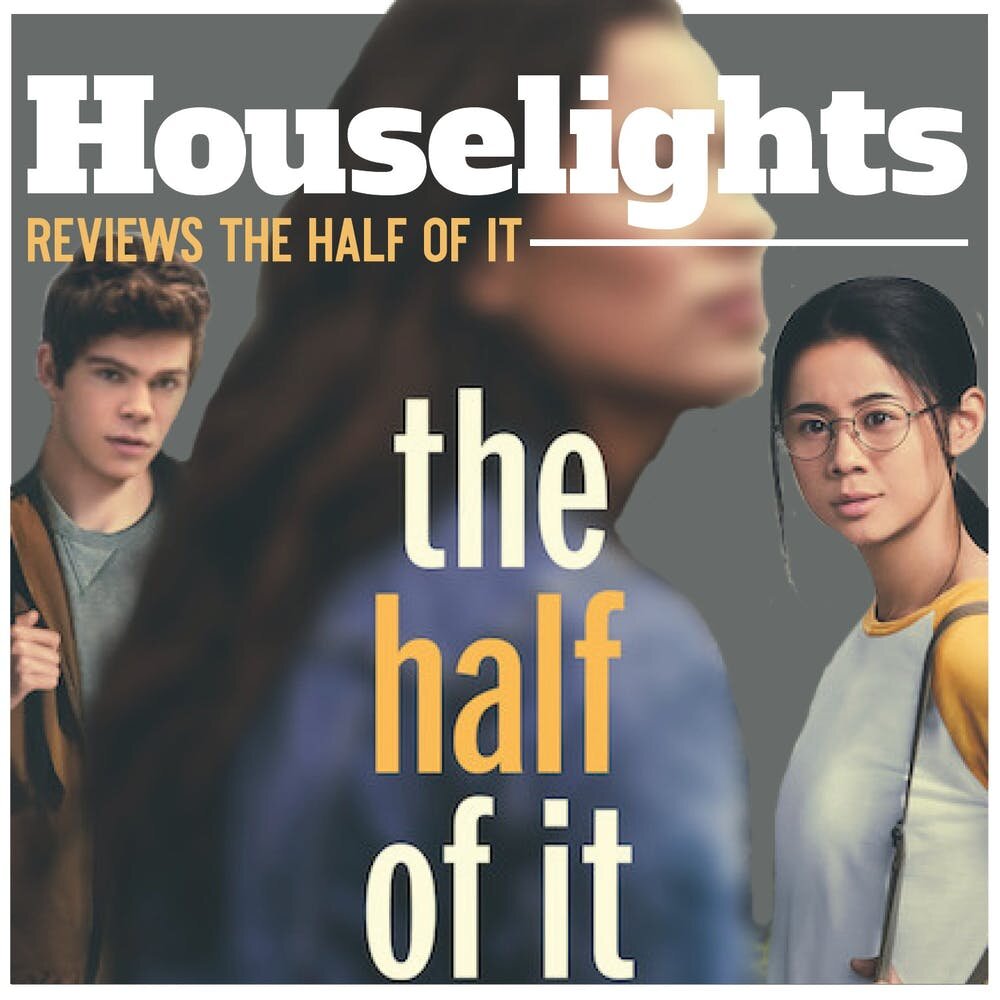The Curious Case of Coming Out
Header image credits | Thumbnail image credits
“I’m just like you,” the narrator of Love, Simon, a coming of age film released in 2018, promises. “I have a totally, perfectly normal life….except I have one huge-ass secret.” The viewer comes to understand Simon’s secret: he’s gay and still in the closet.
In all honesty, I have a love-hate relationship with the concept of coming out of the closet. On the one hand, I acknowledge that coming out represents an important moment in a queer person’s life. It can reflect that someone embraces who they are, something they might have been struggling to define, and finally feels comfortable enough to share their identity with others. At the same time, I find myself frustrated and asking questions like who is coming out even for? Does coming out really change everything? Why is coming out even something that has to be done? When all these questions get overwhelming, I turn to a TV show or movie for answers. Sometimes, getting lost in a fictional character’s story can help someone better understand their own.
An episode in season 2 of Master of None finds Denise navigating her identity as a lesbian. The episode, appropriately titled “Thanksgiving,” takes the viewer through several Thanksgivings from when Denise and her best friend Dev were kids to their adulthood. What starts out as staring dreamily at the girls in a D’Angelo music video transitions to Denise coming out to Dev in their teenage years. At the time, Denise admits that she has a crush on a girl in their class but is not yet comfortable with the word “lesbian.” Nonetheless, Dev doesn’t seem to be shocked or disappointed at his best friend’s confession. The two have a brief conversation about why Denise is ambivalent about coming out to her mom and the complexities of being gay and Black. Then, their friendship resumes as normal, with the two opting to smoke weed before going downstairs for Thanksgiving dinner. Years later, sitting at a diner, college student Denise comes out to her mother as a lesbian. Her mother reacts with denial and shock and, through her tears, finally expresses: “It is hard enough being a Black woman in this world, now you want to add something else to it,” to which Denise replies, “It’s not like it’s a choice.” Later, while talking to Dev, Denise explains her relief at the fact that, at the very least, her mother didn’t disown her. In the Thanksgivings that follow, Denise’s mother is reluctant to acknowledge that Denise is in a romantic relationship with a woman, at times reacting with disgust and anger at their displays of affection. However, she does eventually accept Denise’s truth.
In Mindy Kaling’s Never Have I Ever, Fabiola Torres spends the first season coming to terms with her sexuality while dealing with her developing crush on and eventual relationship with Eve, a girl in her class. Fabiola’s big coming out moments happen with her best friends, who react with excitement and joy, and then her mother, who, while admitting that she needs time to process the information, is ultimately supportive. The show demonstrates how Fabiola is uncertain and anxious to tell the people she loves that she’s gay and the sense of relief she has when she comes out. Fabiola explains to her friend Eleanor: “I feel like I’ve just solved an escape room I’ve been trapped in my entire life.”
Both Denise and Fabiola come out to their friends before coming out to their families. In a sense, coming out to one’s friends might have lower stakes than family. Especially during teenage years, friends are the people you spend up to 40 hours a week with at school, while a family might be the people you live with. It might not be fair to jump to such drastic conclusions as being kicked out, but these are the things that queer people are forced to consider as they are coming into themselves. The uncertainty of being different prompts unwanted fears and dozens of imagined scenarios—someone might not know whether to hope for the best or plan for the worst. Both Master of None and Never Have I Ever are effective in showing this uncertainty and that, even with the relief of finally declaring one’s sexuality, the aftermath is still complicated. The phrase “coming out of the closet” implies a one-time thing, suggesting that after someone opens the door from inside the closet and steps out, they can be truly and unapologetically themself. Master of None, in particular, demonstrates how this isn’t always the case; it might very well be a continued fight for acceptance and recognition of one’s identity.
Rosa Diaz on Brooklyn 99 played by Stephanie Beatriz
Photo Credit: PopSugar
While it is suggested from the start of their respective shows that Denise and Fabiola are gay, other characters come out well into their show’s run. In the fourth season of Bojack Horseman, Todd Chavez comes out as asexual. Afterwards, Todd states that “it actually feels nice to finally say it out loud.” From then on, Todd’s storyline includes him exploring what it’s like dating as an asexual person who is still interested in pursuing romantic relationships. Considering that asexuality is a facet of queerness that is often disregarded in mainstream media, this was a big moment not only for Todd’s character but for representation in general. Another facet of queerness that is misunderstood, though in different ways, is bisexuality, which is why Rosa Diaz coming out as bisexual in the fifth season of Brooklyn 99 is significant. She stands up during a precinct meeting and swiftly declares that she is bisexual. Afterward, no one tries to deny her identity or treats her any differently than they would have before. Later in the episode, she tells her parents, but their reaction is not as comforting. By the end of the episode, Rosa’s father accepts her but tells Rosa that her mother will need more time and that their weekly game nights are temporarily postponed.
In some ways, coming out is an affirmation of one’s own identity and a step towards living openly with that identity, as is the case for Fabiola and Todd. In other ways, coming out sparks even more complexities and shifts the dynamics of someone’s life, like we see with Denise and Rosa. Either way, one thing becomes clear when considering these characters: everyone’s coming out experience is unique. Coming out is inherently complex, and there isn’t one reason or one outcome that can be guaranteed. I know. I was hoping for more definitive answers too.
Now, the question of why coming out is a universal experience for queer individuals — that might have a more concrete answer. Let’s turn to film and consider Love, Simon. The film addresses the frustration in dealing with coming out. In an overdramatic and satirical montage, Simon imagines his straight friends coming out to their parents, who display the “classic” responses given to queer individuals in their coming out moments: parents crying or walking out in shock, children promising that they hadn’t changed, while also crying. Simon, who has yet to come out, wonders why straight is the default. In a society where being straight and cisgender is assumed, anyone who falls into the alternative (i.e. identifies as queer or part of the LGBTQ+ community) is automatically faced with several complexities. Someone has to actively declare that they’re not the same as everyone else or as “normal” as everyone once thought they were.
In the book that the movie is based on, Becky Albertalli’s Simon Vs. The Homosapiens Agenda, the line actually goes like this: “White shouldn’t be the default any more than straight should be the default. There shouldn’t even be a default.” I find this line so much more powerful because it addresses another default of Western media and society: whiteness. Plenty of LGBTQ+ movies center around white protagonists, with films such as Ammonite, Brokeback Mountain, and ironically, Love, Simon, to name a few. Now, I’m not saying that these stories shouldn’t be told or that white people can’t be queer. It’s just that plenty of other people can be too, regardless of race, ethnicity, religion, gender, nationality, etc. Their stories need to be told as well. Media can perpetuate defaults, but it also presents an opportunity for these defaults to be challenged.
One of my favourite movies is Alice Wu’s The Half Of It. The protagonist Ellie Chu is asked by a male classmate, Paul, to write a love letter to Aster, a girl in their class. Ellie at first refuses but ultimately agrees with the promise of getting paid. What follows is lots of romantic correspondence and yearning: Ellie writes letters to Aster under Paul’s name while simultaneously falling for her and forming a close friendship with Paul. Ellie’s coming-out moment is subtle if it can be considered as one. It happens when Paul, having misread their relationship, tries to kiss Ellie. Ellie responds by pushing him away and declaring that she’s fallen for Aster. Paul appears shocked, maybe a bit heartbroken, and leaves, but not before informing Ellie that she’s going to Hell. Eventually, the film does reach a bittersweet conclusion: Paul confronts his beliefs and learns to accept Ellie for who she is, and Ellie declares her love for Aster, in a church no less. It is not clear whether the two would enter a relationship, but they do share a meaningful kiss before Ellie leaves for college. Needless to say, when I first watched this movie last year, it was refreshing to see this representation, and a stark contrast to the trend of white-centered, BIPOC, and queer sidelined, coming-of-age narratives I had grown accustomed to.
Narratives that show characters coming out are important, and these stories can and should continue to be portrayed. The idea of coming out can be incredibly nerve-wracking and even paralyzing, so it does help to see characters struggling with similar issues. However, there should also be stories where there isn’t a big reveal that a character is queer — they just are. A film about someone discovering their sexuality can be as impactful as one where someone has already come out and is just living their life. Coming out of the closet, though a big part of queer lives, doesn’t always have to be the center of these stories, and more diversity in experiences and identities is needed.
Ultimately, coming out, though a universal queer experience, is a personal choice. I want to stress that coming out or coming to terms with one’s sexual orientation/gender identity is not exclusive to a certain age; whether it’s childhood, teenagehood, or adulthood, there is no expiration date on finding who you are. And, just because you haven’t come out doesn’t mean that your sexual orientation or gender identity isn’t valid. The fact is, no one has a right to define who you are or how you want to share that information with the world.



